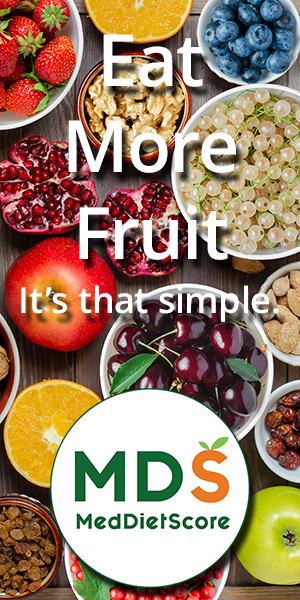Ingredient Information
Beef, Cuts of
Beef is okay for you but best in my opinion to not to eat it more than about once a week. It is the amount of fat in beef that you
want to keep an eye on and choosing lean beef is the key.Try to keep your choices under 10 grams of fat with less than 4 grams of saturated fat in a four ounce serving. A lot of grocery stores will have this nutrition information listed or available but they don’t have to. If you want to know about any particular cut of beef the best internet resource to look up information is the
USDA Nutrient Database.
There is a wide variety of quality of beef on the market today and discussion of that is beyond the scope of this column. As with all products the higher quality usually dictates a higher price. If you can afford it, look for beef that is labeled as not having been fed no added hormones or any antibiotics used. . There is no standard for labeling when it comes to such claims and you simply have to trust the market where you buy your meats.
Leaner meats come from the loin and the leanest and most tender section is the tenderloin. There are a number of tenderloin cuts to choose from. At the smaller end are the tournedos (or medallions) and the center is filet mignon. These steaks are most often pan fried or grilled. At the head is the Chateaubriand, which is usually roasted and is large enough for three to four servings.
When you shop for tenderloin it will most often be for filet steaks. A lot of butchers will “prepare” these for you by tying a string
around the filet. This is often because they have taken two (or sometimes three) smaller bits of filet and tied them together to look like a larger steak. If the steak is tied you should be suspect and ask them to cut your steak properly.
4 ounces lean beef tenderloin = 189 calories, 10 g fat, 4 g sat fat, 4 g mono fat, 23 g protein, 0 g carbohydrates, 60 mg sodium, 69 mg cholesterol, Vitamin
K 0 mcg
Flank steak is one of my favorite cuts and has only about six grams of fat in each serving. It is less tender than some cuts because it comes from an area that gets more muscular action but marinated and cooked quickly over high heat it makes for a truly succulent steak. Flank steak also works well in stews because it tenderizes quickly during the stewing process.
4 ounces lean beef flank steak = 158 calories, 6 g fat, 2 g sat fat, 2 g mono fat, 24 g protein, 0 g carbohydrates, 62 mg sodium, 37 mg cholesterol, Vitamin K 1 mcg
Skirt
steak is a great cut. It’s from the same area as the flank steak but is actually the diaphragm muscle. It is more marbled with fat than flank steak and makes for a fantastic dinner.
4 ounces lean beef skirt steak = 186 calories, 9 g fat, 4 g sat fat, 5 g mono fat, 24 g protein, 0 g carbohydrates, 76 mg sodium, 65 mg cholesterol, Vitamin K 0 mcg
Ground Beef
It is funny that sellers are allowed to label their beef 80% lean or 90% lean. You have to subtract this from 100 to get the fat content (20% fat for the 80% lean ground beef). Most groceries carry 90% lean and even higher now and this is your best choice. It might be labeled “Extra Lean” (see Food Labels No. 1 for an explanation of the meanings of Lean and Extra Lean).
4 ounces extra lean ground beef = 153 calories, 5 g fat, 2 g sat fat, 2 g mono fat, 24 g protein, 0 g carbohydrates, 74 mg sodium, 69 mg cholesterol, Vitamin K 0 mcg
Top round is often sold as “London Broil” although traditionally London Broil recipes use flank steak. Cuts from the round are lean and muscular coming from the hip of the cow. You can use this cut for London Broil but only in a pinch. Use top round for stews. It also makes for terrific lean beef for grinding.
4 ounces lean top round = 159 calories, 5 g fat, 2 g sat fat, 2 g mono fat, 26 g protein, 0 g carbohydrates, 65 mg sodium, 74 mg cholesterol, Vitamin K 1 mcg




